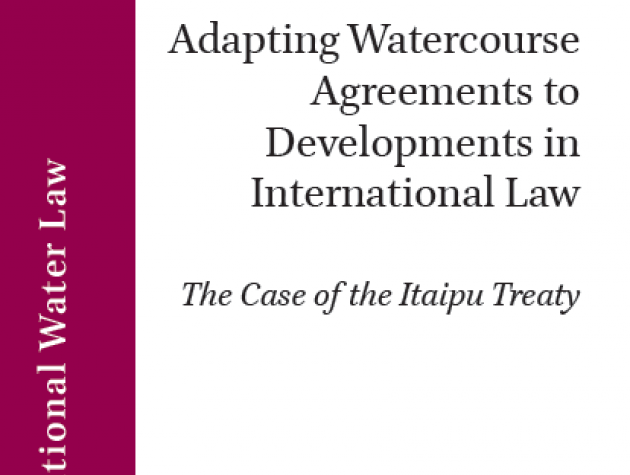GEG WP 2017/132 Investment Disputes, Sovereignty Costs, and the Strategies of States
The international investment framework has been particularly criticized for the investor-state dispute settlement mechanism as agreed upon in investment treaties. Host countries especially have argued that this mechanism has in effect restricted their right to regulate: they say it cost them part of their sovereignty. South American countries were the first to react against the international investment framework. In blaming international arbitration institutions and foreign investors, some countries in the region have terminated their treaties and abandoned the framework. Other strategies to avoid sovereignty costs have also been pursued. However, by taking into account all the concluded investment disputes in the South American region, a broader discussion on the strategies that countries in the region are taking can be presented. None of the existing strategies promises a good outcome for countries in the region, nor for other actors within the framework. Instead, what is hereby encouraged is a strategy for host countries which consists to actively participate in facilitating some of the changes of the international investment framework that are currently being proposed. Thus, to partake in the evolution of the international investment framework, for some of the proposed changes are aimed at diminishing sovereignty costs, and might benefit all actors much more in the long term.
Download paper:







